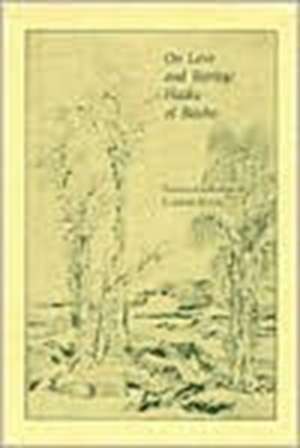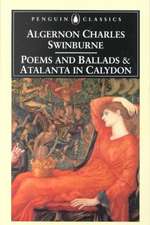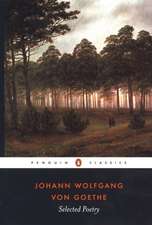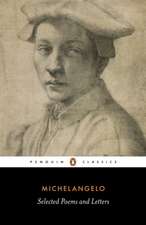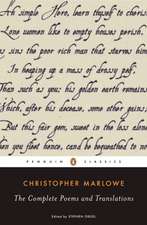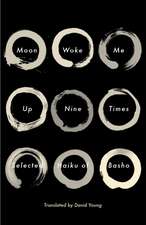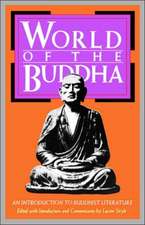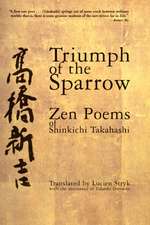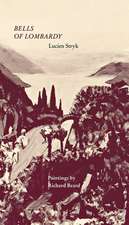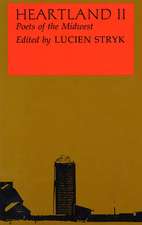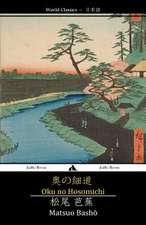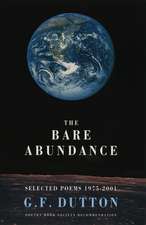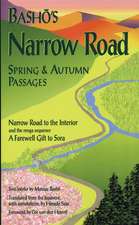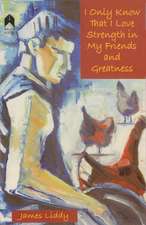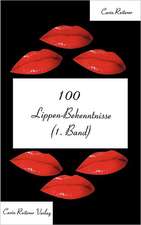On Love and Barley: Haiku of Basho
Autor Matsuo Basho Traducere de Lucien Stryken Limba Engleză Hardback – 31 oct 1985
| Toate formatele și edițiile | Preț | Express |
|---|---|---|
| Paperback (1) | 40.68 lei 23-34 zile | +12.18 lei 7-13 zile |
| Penguin Books – 28 aug 1985 | 40.68 lei 23-34 zile | +12.18 lei 7-13 zile |
| Hardback (1) | 201.57 lei 6-8 săpt. | |
| University of Hawaii Press – 31 oct 1985 | 201.57 lei 6-8 săpt. |
Preț: 201.57 lei
Nou
Puncte Express: 302
Preț estimativ în valută:
38.57€ • 42.03$ • 32.50£
38.57€ • 42.03$ • 32.50£
Carte tipărită la comandă
Livrare economică 23 aprilie-07 mai
Preluare comenzi: 021 569.72.76
Specificații
ISBN-13: 9780824810122
ISBN-10: 0824810120
Pagini: 108
Dimensiuni: 158 x 234 x 13 mm
Greutate: 0.29 kg
Editura: University of Hawaii Press
ISBN-10: 0824810120
Pagini: 108
Dimensiuni: 158 x 234 x 13 mm
Greutate: 0.29 kg
Editura: University of Hawaii Press
Notă biografică
Basho
was
born
near
Kyoto
in
1644.
A
poet
and
diarist,
he
spent
his
youth
as
companion
to
the
son
of
the
local
lord,
and
with
him
studied
the
writing
of
poetry.
In
1667
he
moved
to
Edo
(now
Tokyo)
and
continued
to
write
verse.
Eventually,
he
became
a
recluse.
His
writings
are
strongly
influenced
by
the
Zen
sect
of
Buddhism.
Lucien Stryk is a well-known translator.
Lucien Stryk is a well-known translator.
Cuprins
BashoIntroduction
Acknowledgements
The Haiku
Notes
Acknowledgements
The Haiku
Notes
Descriere
Descriere de la o altă ediție sau format:
Presents the poems that combine 'karumi', or lightness of touch, with the Zen ideal of oneness with creation and evoke the natural world - the cherry blossom, the leaping frog, the summer moon or the winter snow - suggesting the smallness of human life in comparison to the vastness and drama of nature.
Presents the poems that combine 'karumi', or lightness of touch, with the Zen ideal of oneness with creation and evoke the natural world - the cherry blossom, the leaping frog, the summer moon or the winter snow - suggesting the smallness of human life in comparison to the vastness and drama of nature.
